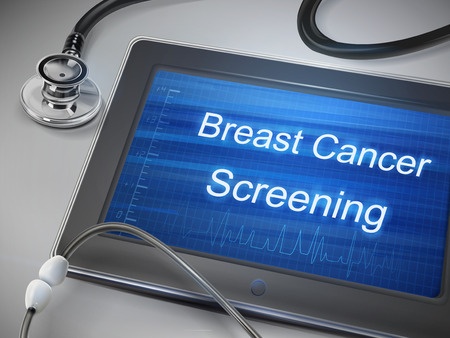

How to Use Cancer Screenings
Cancer takes the lives of too many Americans. Can anything be done to help prevent cancer deaths? Scientists continue to develop tests aimed at finding specific types of cancer before signs or symptoms present themselves. These tests could be part of a health screening regimen that your doctor may follow or recommend. The main goals of cancer screenings are to:
- Reduce or eliminate the number of people who die from cancer.
- Reduce the number of people who develop cancer in the first place.
Cancer screenings by type
Below are screening guidelines for colorectal, breast, cervical cancer, head / neck and lung cancer. If a first degree relative has a history of any of these cancers, you should discuss increased or earlier screenings with your doctor.
Colorectal cancer screening:
Between the ages of 50 and 74 everyone should be screened for colorectal cancer with a Fecal Occult Blood Test (FOBT) every two years. Other tests for colorectal testing are colonoscopy, Sigmoidoscopy, double contrast barium enema and Stool DNA Tests. People over the age of 75 should continue to get regular check-ups and decide with their doctor whether they should continue to be screened for colorectal cancer.
Breast cancer screening:
Between the ages of 50 and 74 women should get regular breast cancer screening with mammography every two years. If you are between the ages of 30 and 69 and are identified as having high risk for breast cancer, you should have yearly screening using both a mammogram and Magnetic Resonance Imaging (MRI). Clinical breast exams and self-exams are also used to help detect concerns or changes in shape, size or skin. Women over the age of 75 should continue to get regular checkups and decide with their doctor whether they should continue to be screened for breast cancer.
Cervical cancer screening:
All women over the age of 21 and anyone who has had sexual skin-to-skin contact should have a regular pap and Human papillomavirus (HPV) testing. Generally, the guideline is one test every three years once two to three normal tests have been established. After the age of 70, pap tests may be discontinued if you have had three or more normal tests in the past 10 years. If you have had a hysterectomy, talk to your doctor to determine whether you still need to take pap tests. If you have had past abnormal results or cancerous cells removed, talk to your health care professional about the frequency of your screenings.
Head and neck cancer screening:
Anyone who routinely drinks alcohol, currently uses or has used tobacco products should receive a head and neck cancer screening examination at least once a year. This simple, quick procedure involves a doctor looking in the nose, mouth and throat for abnormalities and feeling for lumps in the neck. If anything unusual is found, the doctor will recommend a more extensive exam. Regular dental check-ups with a dentist are also important to screen for head and neck cancer.
Lung cancer screening:
People age 55 to 80 who have smoked for 30 pack years* or more or who have quit within the past 15 years should receive an annual screening for lung cancer with low-dose CT scans that create a three-dimensional picture of the inside of the body with an x-ray machine. A computer then combines these images into a detailed, cross-sectional view that shows any abnormalities or tumors. Lung cancer screening can stop after a person has not smoked for 15 years or develops a health problem that would shorten their life or prevent them from being able to have surgery for lung cancer.
*A pack year is equal to smoking 20 cigarettes – one pack a day – each year.
If you or a loved one were injured in an accident, you have enough to deal with. Let an experienced accident attorney fight for the full compensation that you deserve. It is not uncommon to receive a settlement from the insurance company that is five to ten times bigger with the help of a lawyer. Call the caring accident attorneys at Tario & Associates, P.S. in Bellingham, WA today for a FREE consultation! We have been representing residents of Whatcom County, Skagit County, Island County and Snohomish County since 1979. You will pay nothing up front and no attorney fees at all unless we recover damages for you!




